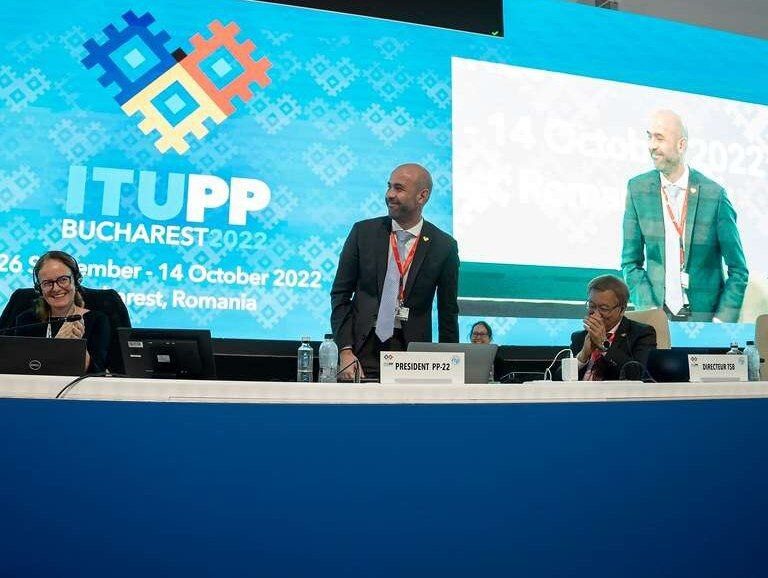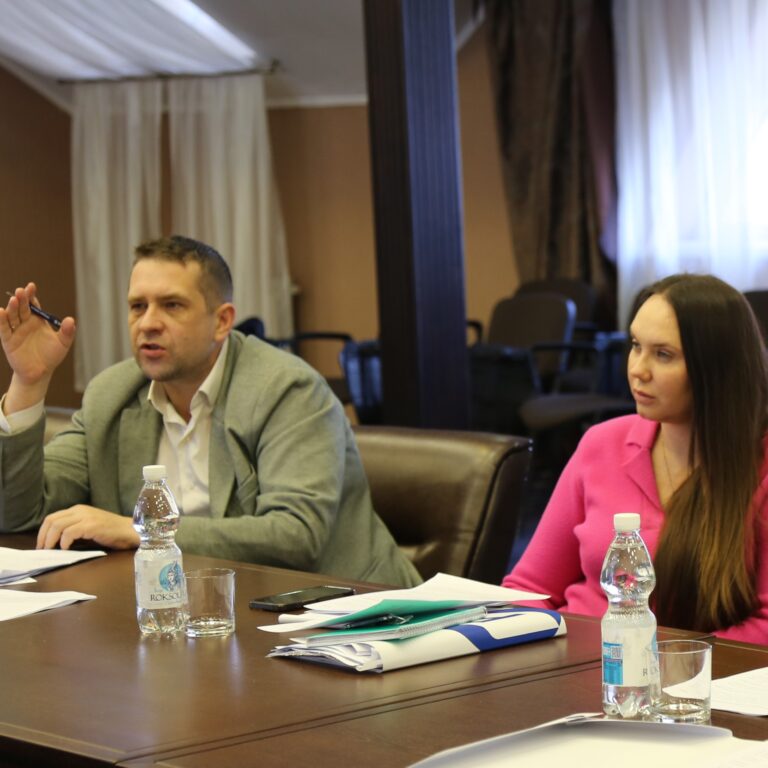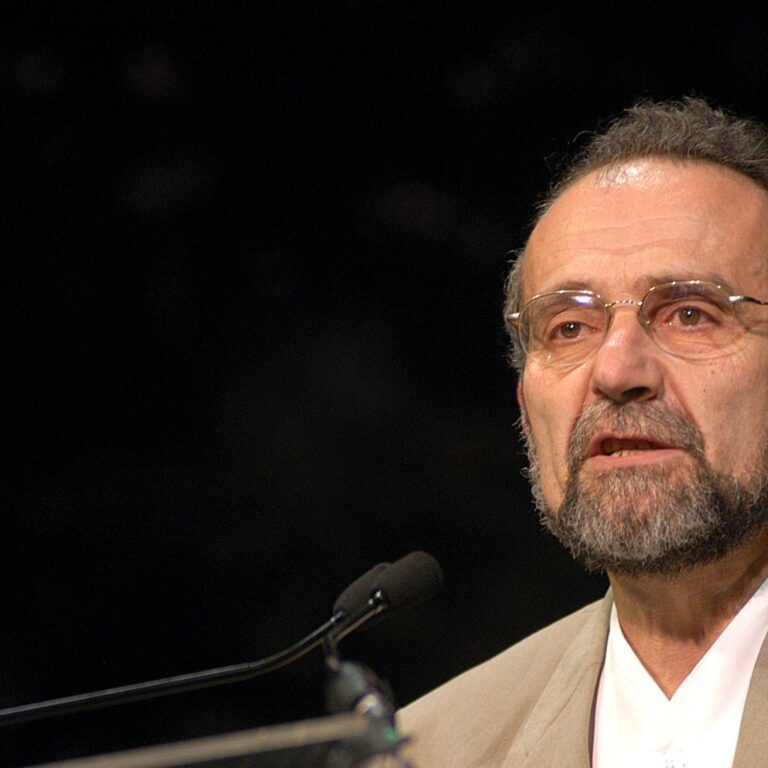On November 17, our Association’s expert Borys Babin promoted the event of the Ministry of Environmental Protection and Natural Resources of Ukraine and the Crimean Tatar Resource Center “Impact on Climate Change: Crimea, indigenous peoples and international crimes” as part of the UN Summit on Climate Change (COP27), which was held in Sharm el-Sheikh, Egypt, on November 6-18.
The event took place in the pavilion of Ukraine at the said Summit and attracted considerable attention of its visitors, and was also broadcast online. We will remind that almost one hundred heads of state and 45 thousand delegates from 200 countries of the world took part in the Summit, because the conference brought together top-level politicians, scientists, ecologists, human rights defenders, indigenous peoples, international humanitarian, youth and women’s organizations.
The side event was attended by professors, authoritative ecologists Svitlana Boychenko and Yevhen Khlobistov, as well as a member of the Mejlis of the Crimean Tatar People, Eskender Bariev. The event was supported by the International Renaissance Foundation, as well as the Initiative for the Development of Environmental Policy and Advocacy in Ukraine.
The participants emphasized the significant negative role of Russian aggression on climate change in regional and global dimensions. Atmospheric pollution as a result of massive and extensive emissions of combustion products, the destruction of thousands of square kilometers of forests and plantations, as well as natural soils in the combat zone close to the Crimea, interference by the Russian occupiers in the activities of land reclamation systems and natural watercourses of Southern Ukraine were attributed to the relevant negative impacts.
Also, the negative impact of the aggression included the destruction of the ecosystems of the Black and Azov seas, which are important for oxygen exchange, due to their pollution by oil products and chemicals from naval vessels and their missile ammunition, as well as changes in ecosystems caused by the mass death of mammals and fish due to noise and explosive pollution during the sea activity.
Special risks arise in this zone regarding potential changes in the hydrogen sulphide layer located in the deep-water part of the Black Sea, and due to the possibility of corresponding emissions, in particular due to explosive processes.
Such changes also include an indirect impact through Russian attacks on Ukrainian nuclear power facilities, such as the Zaporizhzhia NPP, and on Ukrainian green energy facilities in occupied territories and war zones. Potential risks include probable nuclear incidents caused by Russian military and terrorist activities and the possibility of the occupiers undermining underwater gas pipelines in the Black Sea.
After all, as professor Babin pointed out in his speech, anyone who is skeptical about the consequences of Russian aggression for global warming can think about what would happen to the climate after the hypothetical aggressor’s usage of tactical nuclear weapons.
Participants emphasized that since the level of hostilities in Ukraine is unprecedented for modern humanity and has no clear prospect of minimization in the coming months, the above-mentioned risks and challenges have a strong and direct impact on the issue of climate action.
At the event, it was noted that the main negative consequences for the indigenous peoples of Crimea, including the Crimean Tatars, are the destruction or damage due to climatic changes of natural ecosystems and areas of traditional farming, namely: desertification of Western Crimea, deforestation of the Crimean mountains, destruction and disappearance of marine coastal aquatic complexes, collapse of biosystems Sea of Azov, salinization of the soils of the Central and Eastern Crimea.
At the event, Boris Babin presented the Association’s research on the modern understanding of ecocide, recently published in The Hague, and pointed out that crimes against the environment associated with Russian aggression cause a significant negative impact on global warming; at the same time, their correct international legal qualification becomes important, and therefore it is necessary to develop the concept of an international crime against the environment.







